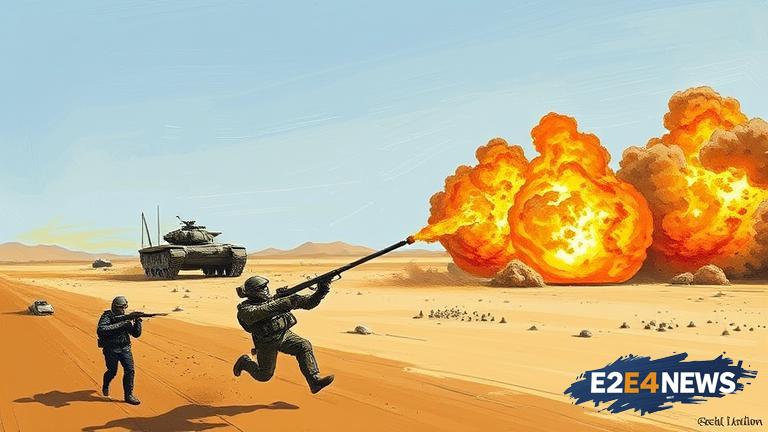The topic of a potential Israeli attack on Iran has been a subject of intense debate and speculation in recent years. Many experts and critics have predicted that such an attack would have severe and far-reaching consequences, including a significant escalation of violence in the region, a substantial increase in oil prices, and a potential disruption of global economic stability. However, as of now, none of these predictions have come to fruition. In fact, the situation in the region has remained relatively stable, with no major incidents or conflicts reported. This has led many to question the validity of the predictions made by the naysayers and to reevaluate the potential consequences of an Israeli attack on Iran. Despite the warnings of catastrophic consequences, Israel has continued to take a strong stance against Iran’s nuclear program, with many officials expressing concerns about the potential threat it poses to regional and global security. The Israeli government has made it clear that it will not tolerate a nuclear-armed Iran and has taken steps to prevent this from happening. However, the predictions of widespread violence and chaos have not materialized, and the region has remained relatively calm. This has led some to suggest that the predictions made by the naysayers were exaggerated or inaccurate. Others have argued that the Israeli government’s strong stance against Iran’s nuclear program has actually helped to prevent a major conflict from breaking out. The situation in the region remains complex and volatile, with many different factors at play. However, as of now, it appears that the predictions of catastrophic consequences made by the naysayers have not come to pass. The Israeli government has continued to take a strong stance against Iran’s nuclear program, and the region has remained relatively stable. The lack of major incidents or conflicts in the region has led many to question the validity of the predictions made by the naysayers. In fact, some have argued that the predictions were motivated by a desire to undermine the Israeli government’s position on Iran’s nuclear program. Others have suggested that the predictions were based on flawed assumptions or a lack of understanding of the complex dynamics at play in the region. Regardless of the motivations behind the predictions, it is clear that they have not come to pass. The region remains volatile and complex, but the predictions of catastrophic consequences made by the naysayers have not materialized. The Israeli government has continued to take a strong stance against Iran’s nuclear program, and the region has remained relatively stable. The situation in the region will continue to be closely watched, and any developments will be carefully monitored. However, as of now, it appears that the predictions of catastrophic consequences made by the naysayers have not come to pass. The lack of major incidents or conflicts in the region has led many to question the validity of the predictions made by the naysayers. The Israeli government has continued to take a strong stance against Iran’s nuclear program, and the region has remained relatively stable. The situation in the region remains complex and volatile, with many different factors at play. However, as of now, it appears that the predictions of catastrophic consequences made by the naysayers have not come to pass.
